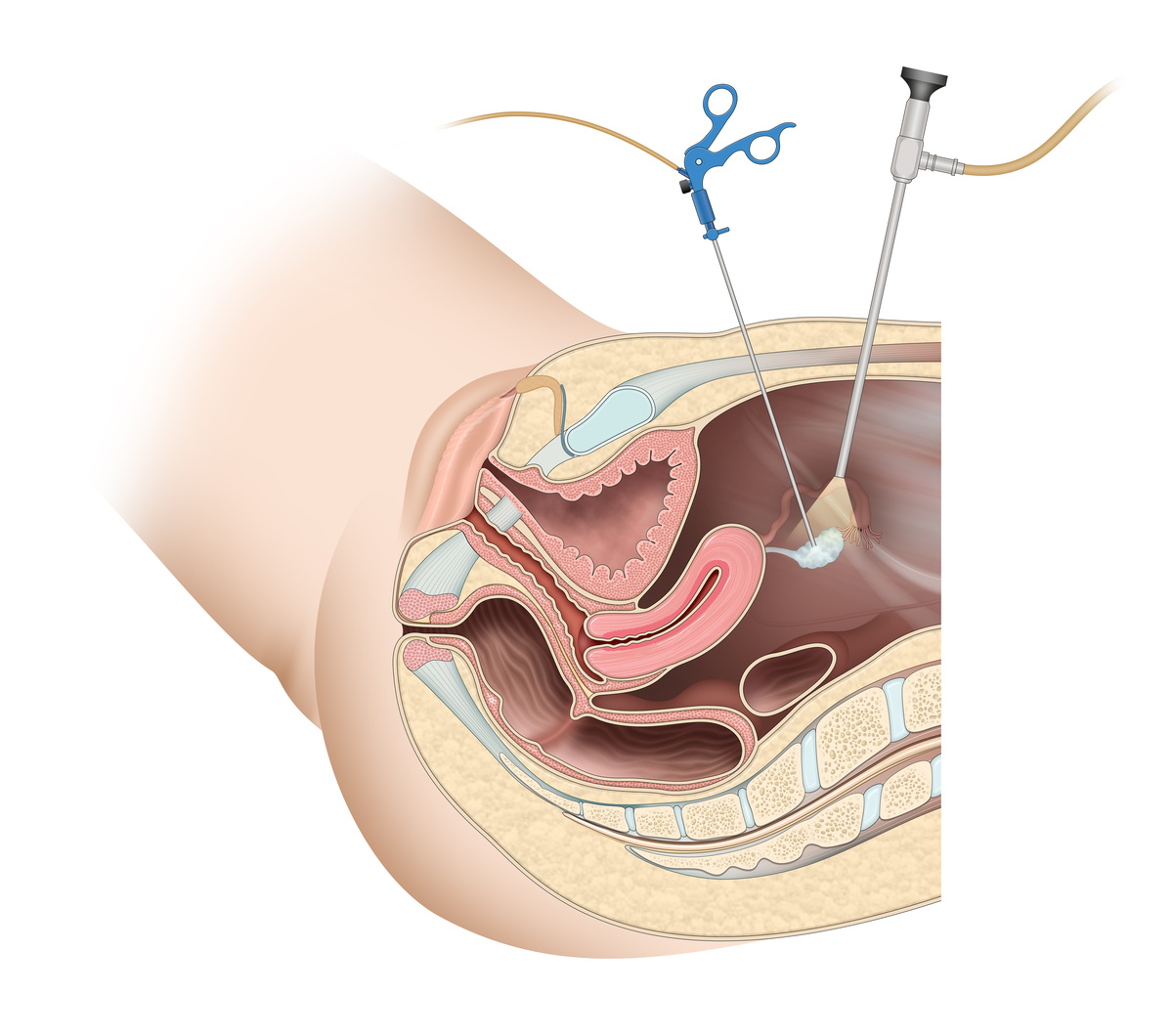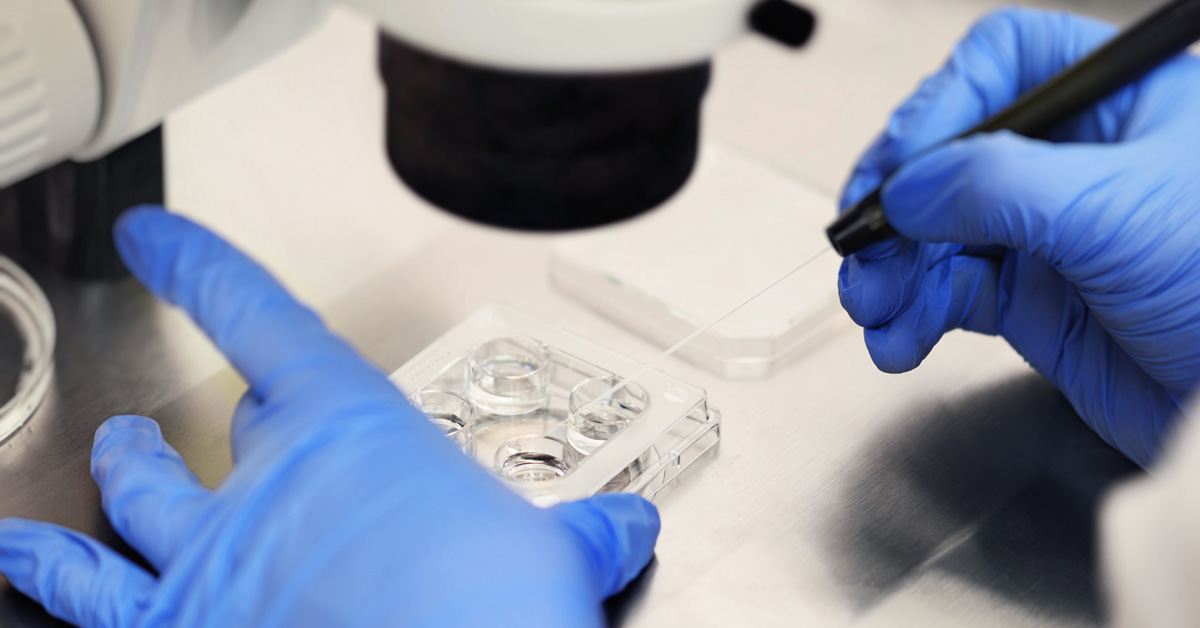Tomato juice and fertility
Japanese scientists claim that tomato juice helps increase sperm levels in infertile men or those with reduced fertility, the research was published in the Asia Pacific Journal of Clinical Nutrition.
The study used 54 men between 26 and 50 years of age as volunteers with sperm levels below 20 x 106/mL and/or sperm motility below 50%, which corresponds to low fertility or infertility. To one of the groups of participants, the scientists gave 190 mL of tomato juice with 30 mg of lycopene – a red pigment with antioxidant properties found in foods such as tomatoes, watermelon, and apricots – for 12 weeks. Another group received only antioxidants, and a third did not drink anything, serving only as a control.
Sperm and seminal fluid lycopene levels were measured at 6-week intervals. At the end of the study, scientists concluded that consuming tomato juice actually helped men in that group increase sperm motility.
However, they did not state how this process actually works, although they admit to suspecting that lycopene is involved. The scientists said, in conclusion, that they “intend to conduct a large-scale interventional study” to reach more concrete results.
But it’s not just regular tomato consumption that has an impact on male fertility – and female fertility, too. Excessive consumption of carbohydrates and even caffeine and alcoholic beverages can interfere with this aspect of life, reducing the quality and quantity of gametes (eggs in the case of women and sperm in the case of men).







